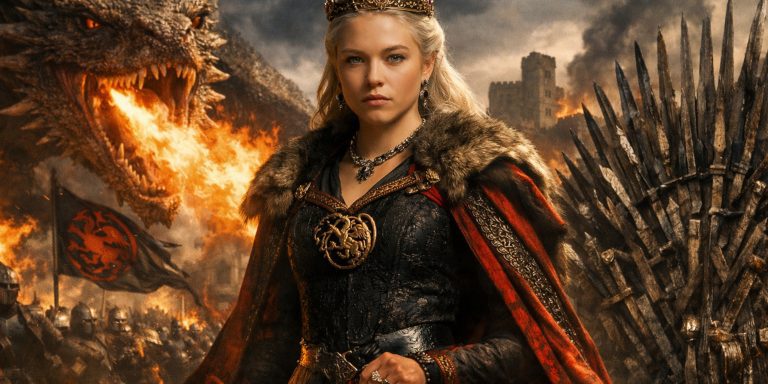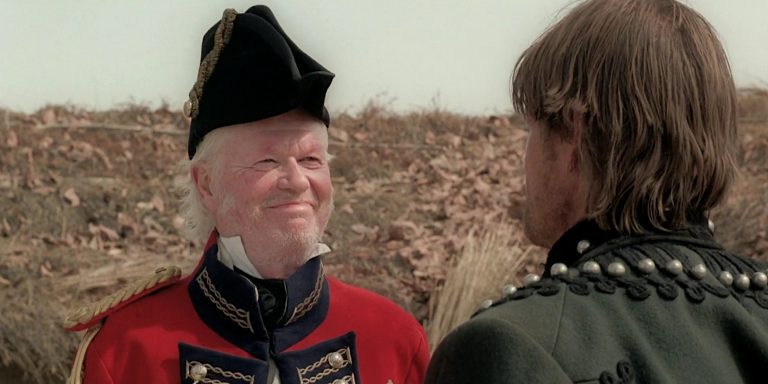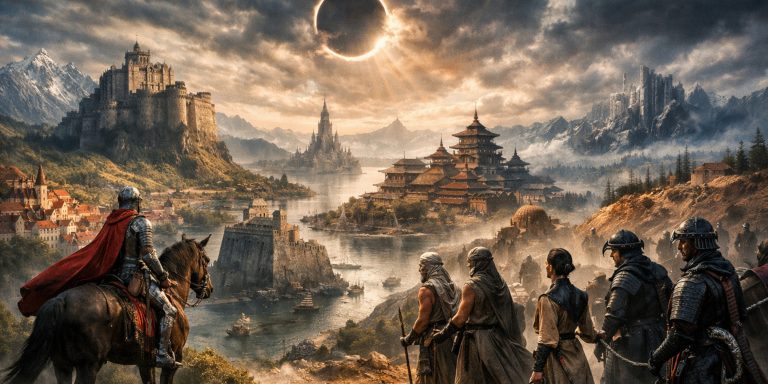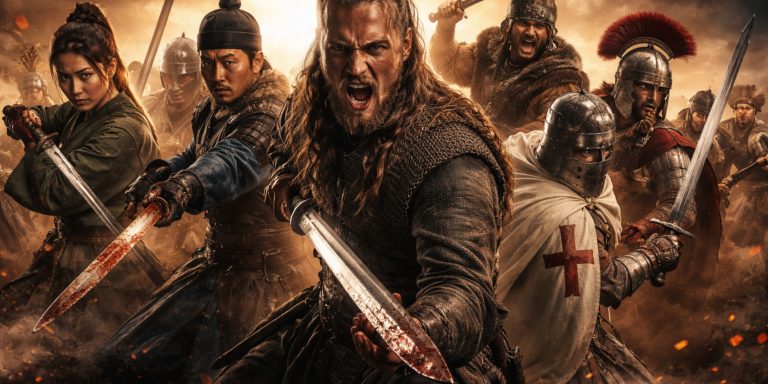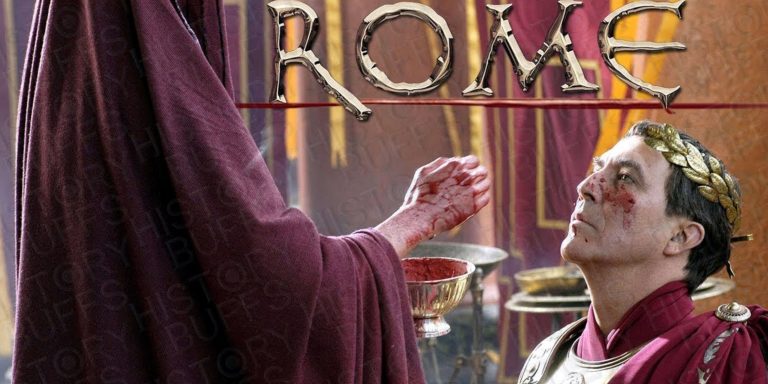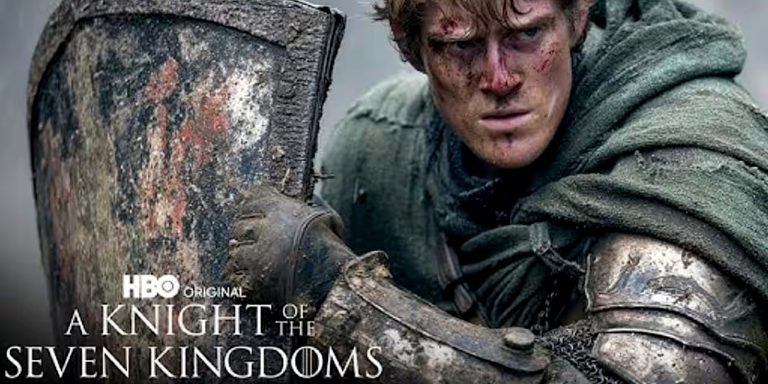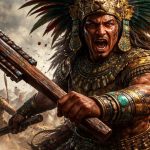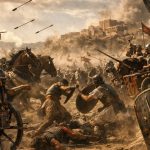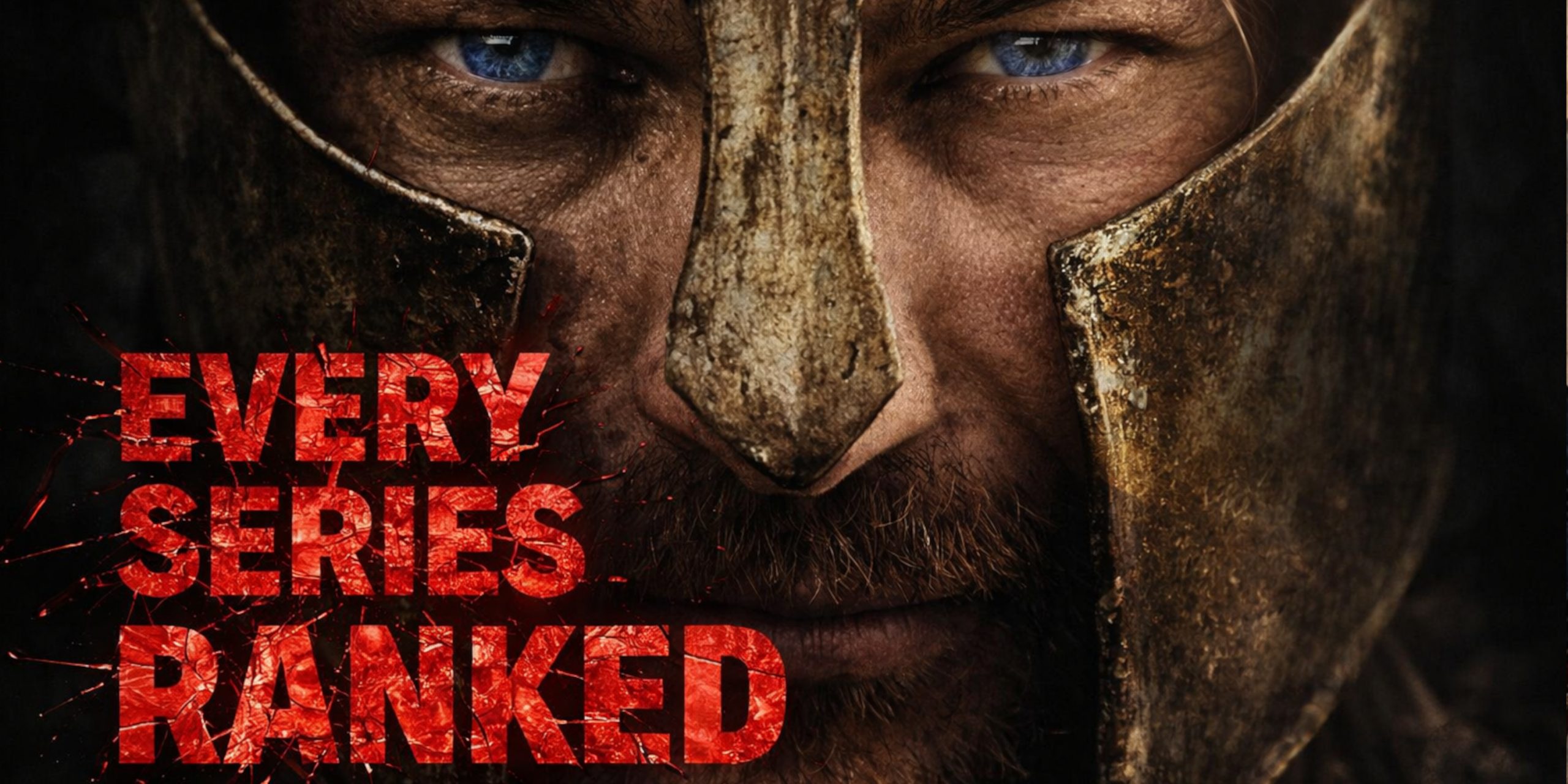
The Spartacus franchise has aged in a strange and fascinating way. What once looked like slow motion excess now feels confident, even influential. The violence still shocks, the dialogue still swings for the fences, and the emotional beats land harder than most prestige TV of its era. With the arrival of House of Ashur, it feels like the right moment to reassess the whole saga, not just with nostalgia but with a clear eye.
This ranking looks at narrative strength, character arcs, rewatch value, and how each season fits into the wider myth of the series. No blind praise, no cheap takedowns. Just an honest rewatch with a bit of perspective and a sense of humour.
6. Gods of the Arena
Spartacus: Gods of the Arena exists because circumstances forced it into being, and you can feel that pressure in every episode. It is a prequel made during uncertainty, filling time while the show regrouped. That context matters, but it does not fully excuse the uneven pacing.
The focus on Batiatus and Lucretia is a genuine strength. They are sharper here, more dangerous, and often more interesting than the gladiators themselves. The politics of the ludus feels intimate and mean in the best way. Where it struggles is momentum. Knowing where most of these characters end up takes the edge off the tension, and some storylines circle rather than strike.
Still, it deserves credit for expanding the world. Without this season, later power struggles would feel thinner. It is not essential viewing on a first watch, but on a rewatch it lands better, especially if you enjoy watching ambitious people dig their own graves.
5. House of Ashur
This is the wildcard. House of Ashur rewrites history by asking a dangerous question: what if Ashur survived? On paper, it sounds like fan fiction. In practice, it is one of the most intriguing ideas the franchise has attempted.
Ashur was never subtle. He thrived on manipulation, resentment, and raw survival instinct. Giving him centre stage shifts the tone of the franchise. This is not a story about honour or rebellion. It is about power gained through compromise and cruelty. Early episodes lean heavily into political manoeuvring, espionage, and the moral rot of Roman society rather than constant arena spectacle.
It does not yet reach the emotional heights of the main series, and some fans will bounce off a lead who is deliberately unpleasant. That is part of the point. If the season sticks the landing, it could age very well, especially as a darker companion piece to the original run.
4. Vengeance
Spartacus: Vengeance has the hardest job of any season. It follows a beloved lead actor and shifts the story from contained gladiator drama to roaming rebellion. That transition is not always smooth.
Liam McIntyre grows into the role, but the early episodes feel like a show finding its footing again. The writing compensates by leaning into momentum. The pacing is aggressive, the violence relentless, and the sense of pursuit gives the season a breathless quality. When it works, it really works. The final stretch is among the most propulsive in the series.
Its weakness is focus. With the rebellion constantly on the move, some characters feel underdeveloped, and a few villains lack the weight of earlier antagonists. Even so, it is a crucial bridge season that earns its place through sheer drive.
3. Blood and Sand
Spartacus: Blood and Sand is raw, loud, and occasionally ridiculous. It is also unforgettable. This is where the franchise finds its identity, for better and worse.
The early episodes can be rough. The visual style is heavy handed, and the dialogue sometimes sounds like it is shouting at you. Then something clicks. The relationships deepen, the betrayals cut sharper, and the emotional stakes rise. Andy Whitfield’s Spartacus becomes the emotional core of the entire franchise, even after his death.
In hindsight, this season benefits from what comes after it. Knowing the full arc makes the tragedy richer. It may not be the most polished entry, but it is the beating heart of the saga.
2. War of the Damned
Spartacus: War of the Damned is where the show finally looks comfortable with its scale. Armies clash, strategies matter, and the rebellion feels like a genuine threat to Rome.
The writing is more confident here. Character arcs are paid off with care, and even long running antagonists are given moments of depth. The season balances spectacle with consequence, which is not easy when the body count is this high.
Its restraint is what keeps it from the top spot. At times, it feels like it is holding back emotionally, perhaps aware that the end is coming. Even so, it is a strong, satisfying conclusion that respects the audience.
1. The Complete Arc Taken Together
This might sound like a cheat, but the truth is that Spartacus works best when viewed as a whole. No single season fully captures what makes the series special. Together, they form something rare.
From the personal tragedy of Blood and Sand, through the chaos of Vengeance, to the grim resolve of War of the Damned, the franchise commits to consequences. Characters change, often for the worse. Victories cost something. Power corrupts, even when wielded for a just cause.
The addition of House of Ashur reinforces that idea. It reframes the world not as a story of heroes alone, but as a system that rewards the ruthless. That makes the earlier sacrifices feel heavier, not lighter.
Final thoughts
Rewatching Spartacus in 2026 is a reminder that ambition matters. The show took risks, missed sometimes, but never played it safe. With House of Ashur extending the universe in a bold direction, the franchise feels alive again rather than embalmed in nostalgia.

